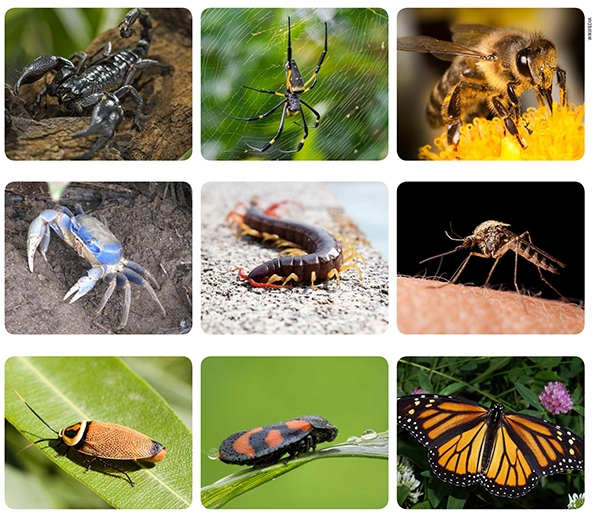 |
| Fonte: Kuadro |
The Center forResearch on Biodiversity and Genetic Resources (CIBIO-InBIO) of OportoUniversity has presented that this is the first portuguese institution to beinvolved in “the global project that has for main goal to list the variety ofterrestrial anthropods distributed by all planet using an innovative techniquefor identification of the species through the DNA”, named Global MalaiseProgramm.
Around 80% of thespecies are known of common population as spiders, butterflies, bees andscorpions.
In an interview forLusa, the CIBIO-InBIO researcher, Sónia Ferreira, explained that anthropods“are animals that have no skeleton, articulated appendices and segmented bodythat had na huge ecological importance and that “play a very importante role inall levels since the most useful for humans like honey production until all therecycling and decomposition whether of animal bodies or plant material”.
Sónia Ferreira saysthat animals studied in this project are captured with the resource of trapsnamed Malaise that lead to the collection of amounts of terrestrial anthropods.After de collection, the animals DNA is analised through a technique called aDNA barcoding.
The current knowledgeabout this group is limited. That way, it appears the Global Malaise Program, aproject released by the Centre for Biodiversity Genomics of Guelph Universityin Canada that includes over more than 60 foundations of 30 countries and hasas its main goal collecting the species through a technique named DNAbarcoding.
This technique hasalready allowed to collect more than 106.000 species from every world. Half ofthem hadn’t been registed yet on the global genetic data base - BOLD - Barcodeof Life Data Systems.
In Portugal, wereinstalled two of this traps in Vila do Conde and in Vimioso, representativeplaces of different biographical places. Acording to the cientista fromCIBIO-InBIO, there are collected in the BOLD system the bar codes from 700species of anthropods that exist in Portugal.
"It is hopedthat the national contribution in this project is going to be a huge advance inthe collection of that species in Portugal", she said.
The project is paid for the programme of ComissãoEuropeia Horizonte 2020 and is envolved to in activities of Sítio de InvestigaçãoEcológica de Longo Termo do Baixo Sabor.
Text by : Rita LopesTranslated by: Rita Lopes

Comments
Post a Comment